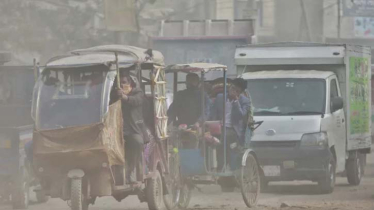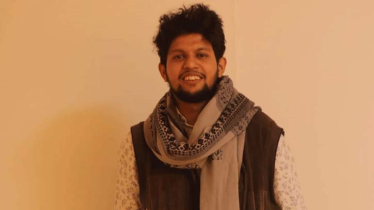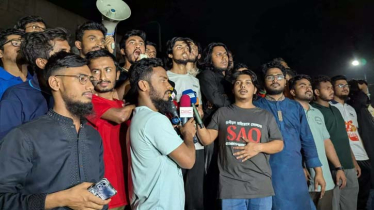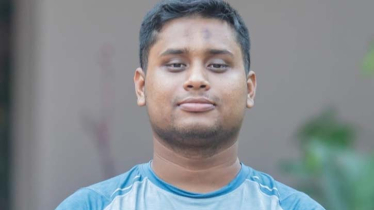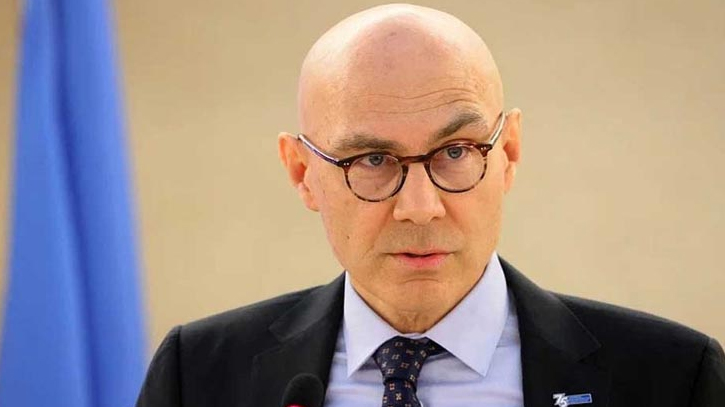
Photo : Collected
UN High Commissioner for Human Rights Volker Türk will visit Bangladesh from October 29 to 30 to discuss human rights issues. He will hold a number of meetings with senior officials and civil society representatives among others.
During his visit, the High Commissioner is scheduled to meet Chief Adviser Prof Muhammad Yunus, said the UN office in Dhaka on Monday.
The UN rights chief will meet a number of advisers for different ministries, the Chief Justice, the Army Chief and the heads of several reform commissions.
Türk will also make an address at the University of Dhaka, where he will meet students involved in the recent movement.
He will hold meetings with UN agencies and members of diplomatic missions in Bangladesh.
The High Commissioner will hold a news conference in Dhaka at the end of his mission on Wednesday.
Earlier, the UN rights chief received an official invitation from the Chief Adviser to conduct an impartial and independent fact-finding mission into human rights violations committed from July 1 to August 15.
The office deployed a fact-finding team to Bangladesh, with a view to reporting on violations and abuses perpetrated during the protests, analysing root causes and making recommendations to advance justice and accountability and for longer-term reforms.
Volker Türk made a phone call to Bangladesh interim government Chief Adviser Prof Muhammad Yunus in August.
During his recent visit to New York, Chief Adviser Prof Yunus sought support from foreign friends for Bangladesh's new journey towards a happy and prosperous future, stressing that they do not want to miss the opportunity to build a new Bangladesh.
On September 17, 1974, Bangladesh became a full member of the United Nations.
As part of an ongoing engagement with the interim government, an advance team of the UN rights body visited Bangladesh from August 22-29 and met student leaders of the recent protests, as well as a wide range of advisers in the Interim Government, the Chief Justice, senior officers of the police and armed forces, lawyers, journalists and human rights defenders, representatives of political parties, and minority and indigenous communities.
Messenger/Disha





